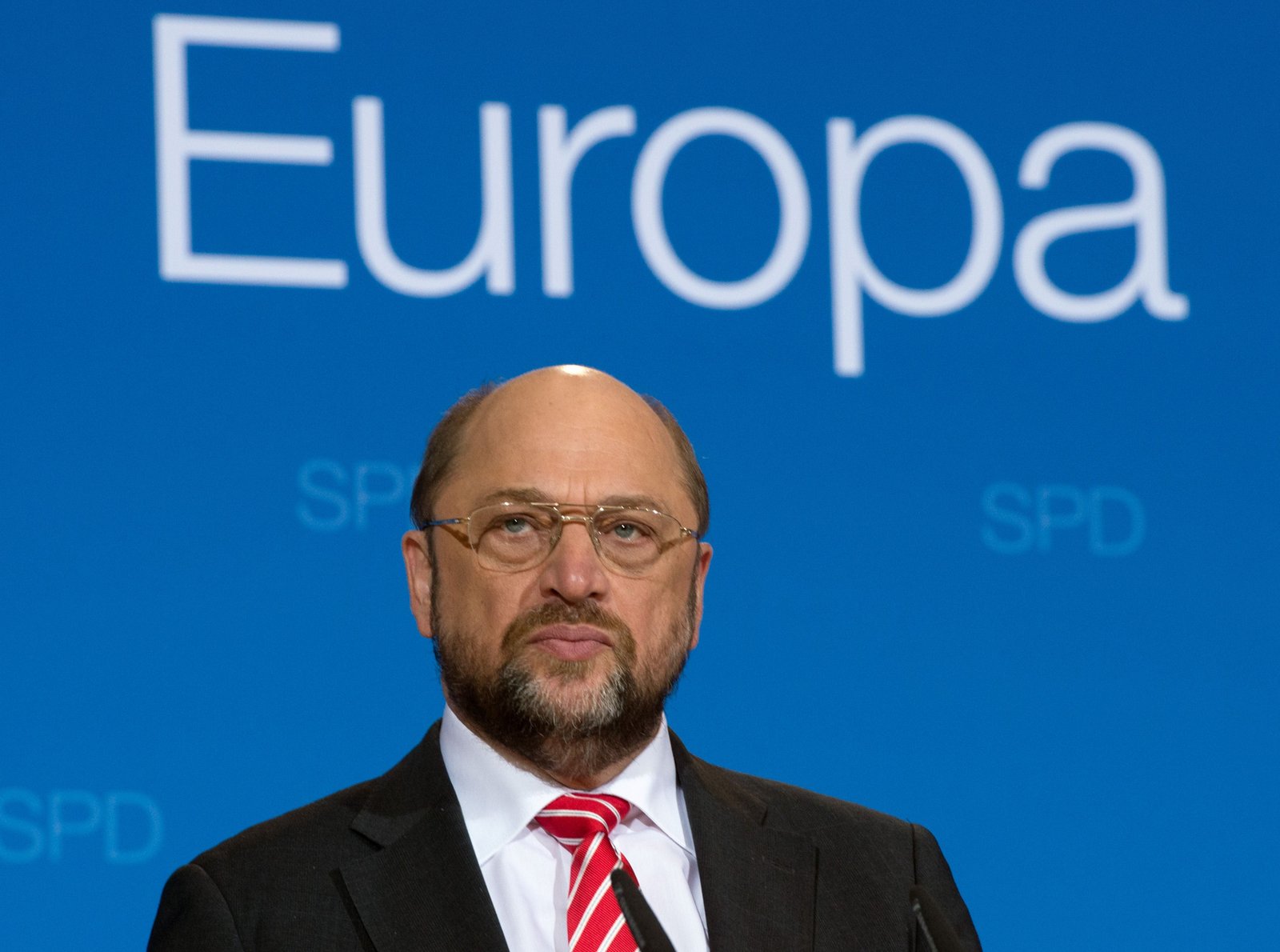

Scanpix
It is a prize with great prestige and with a long list of laureates in whose company I am humbled to be. I will take courage from the prize to continue making the case for an ambitious EU because, in spite of all the attacks it receives from various corners, the EU remains an essential tool to face the innumerable challenges ahead.
The EU is synonymous with a peace bringing project the likes of which Europe had never seen before. This is all the more relevant this year as we celebrate seventy years of peace since the end of the Second World War. As memories fade, citizens take such peace for granted and it is logical and right that they expect further results to give the EU their continued confidence. The potential for the EU to deliver on people’s expectations is enormous, be it on the economic front, environment, migration, or more generally that of defending Europe’s interests on the global stage.
This multitude of fast moving areas will invariably define European citizen’s lives and by their very nature require a coordinated approach for effective solutions. And yet, the EU, in large part due to centrifugal political forces in various member states, is currently engaged in much navel-gazing which is often a complete distraction from the challenges that people want to see addressed. Often the EU is even used as an easy scape goat in national capitals, with governments blaming Brussels as the easiest solution to explaining a problem. The cumulative effect is that citizens feel highly detached from the EU, primarily seeing it as a bloated machinery more interested in its internal processes than in fighting for people’s aspirations.
Take the main lines of the EU debate over the last couple of years for example. The issue to have by far most dominated the airwaves has been that of talk about ‘in’ or ‘out’, most notably regarding the cases of Greece and the UK.
These are not minor issues to be dispatched of lightly. But neither are they questions which most affect the daily lives of people. If the true merits and potential of the EU for helping people were properly grasped and defended by statesmen, the positive agenda on the table would have been more exciting and engaging. One need only think of the launch of the single market as an example of how a positive and forward driven agenda galvanises the public.
The rule of the ever more globalised world we live in is that problems do not stop at national borders. Concertation at the EU level therefore remains crucial and we should be at no pains to deliver ambitious projects which allow people to rediscover what the EU can do. Disregarding the reality of the global world we live in, forces advocating re-nationalisation would have us withdrawing into our small countries in which would presumably be found the simplest of answers to the most complex problems. This contending approach, based on an unreal world, is attractive for its illusive simplicity, and is holding back an ambitious agenda for the EU and its citizens.
The new Commission and the tectonic shifts around us have helped jolt us into action. An investment plan to kick-start growth is taking shape, an energy union and a digital single market are on the cards, a new migration policy has just been proposed, the EU is speaking with one voice on Ukraine, and the Paris climate conference will offer another chance for Europeans to lead on the environment rather than follow.
All these areas are precisely those where EU action can best deliver results to citizens thereby giving them once again a reason to believe in the EU.
Coupled to this potentially exciting agenda, the democratic representation of the EU has received an important boost since the last European elections through the Spitzenkandidat process which sees the Commission President now elected as a direct result of this election.
Europe’s leaders need to seize the momentum and forge ahead to develop these objectives with courage, vision and a long-term policy. The approach cannot remain one of crisis management as has been characteristic of the last years, doing only the very minimum and hoping that it is enough. It is high time that politicians put aside their near addiction to opinion polls to tweak policy here and there and instead rediscover the style of addressing challenges and opportunities head on with lasting solutions as objectives. We can see the destructive effects of politicians who, rather than lead by determination, anxiously look over their shoulders allowing other more destructive forces to set the agenda.
The bolder and more long-term oriented approach championed by the architects of European integration delivered peace, brought enemies together, and rebuilt Europe from the rubble, let us not forget.
—-
Martin Schulz is the President of the European Parliament.
While Prime Minister Gintautas Paluckas does not take issue with the statements made by the…
Lithuanian economists are surprised to see our country's economic growth: the Estonian economy has been…
"The fate of Nemuno Aušra (Dawn of Nemunas) in the coalition has been decided; they…
Airvolve, a Lithuanian dual-purpose aeronautics company, has successfully completed its first round of testing and…
The world is becoming smaller, more intertwined, and increasingly fragmented, with many of the previous…
In recent years, Vilnius, the vibrant capital of Lithuania, has experienced a culinary renaissance. While…